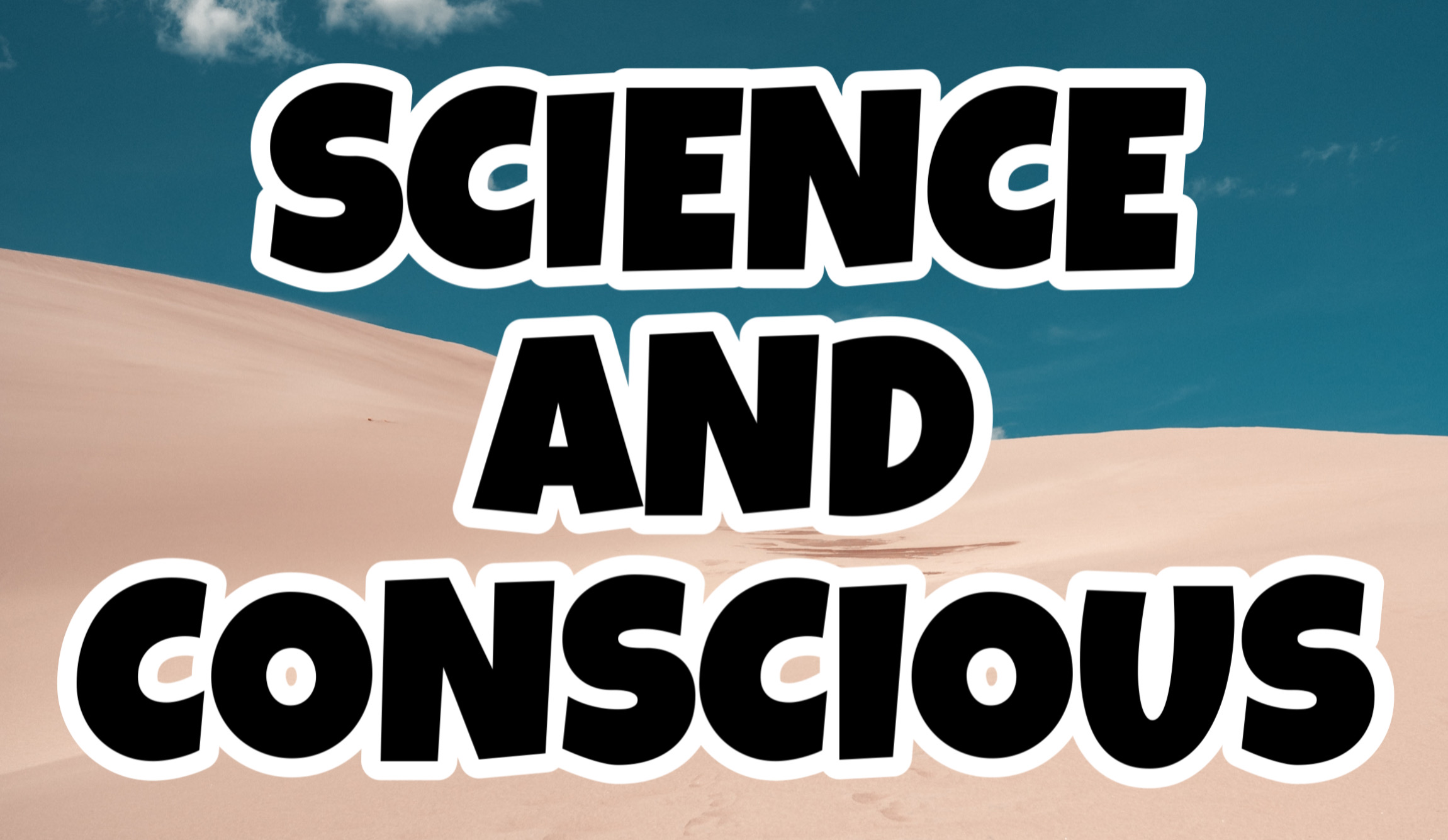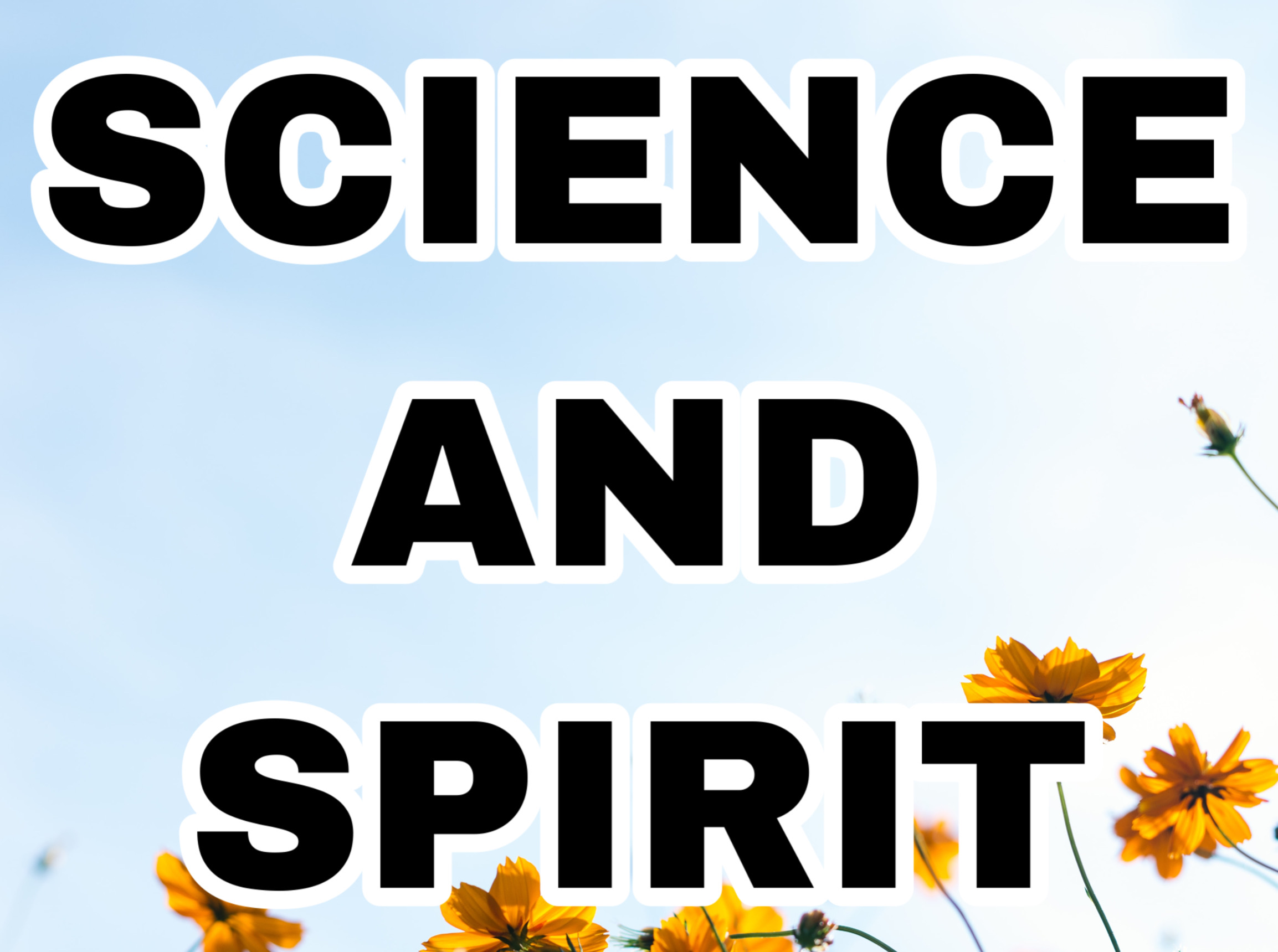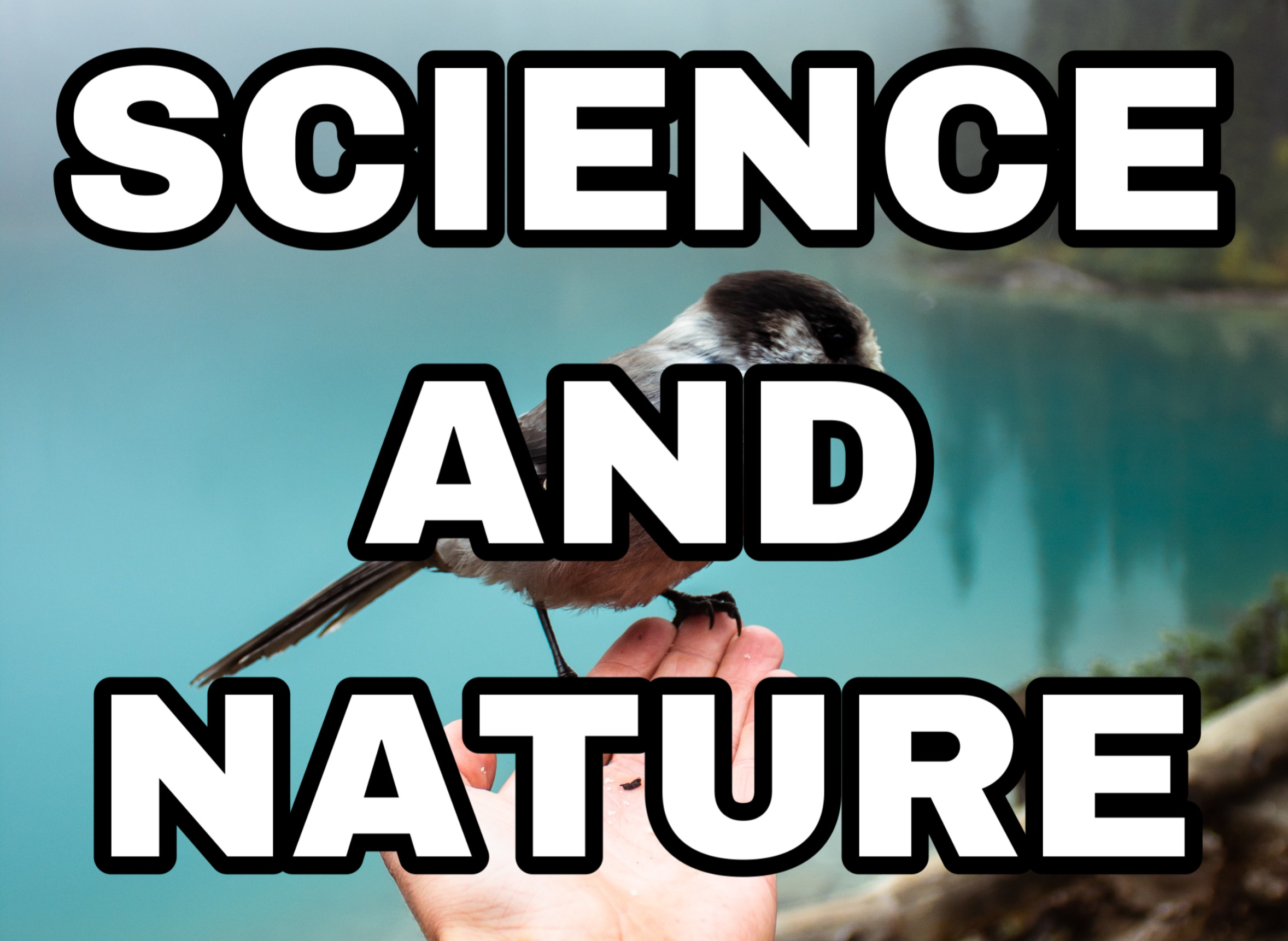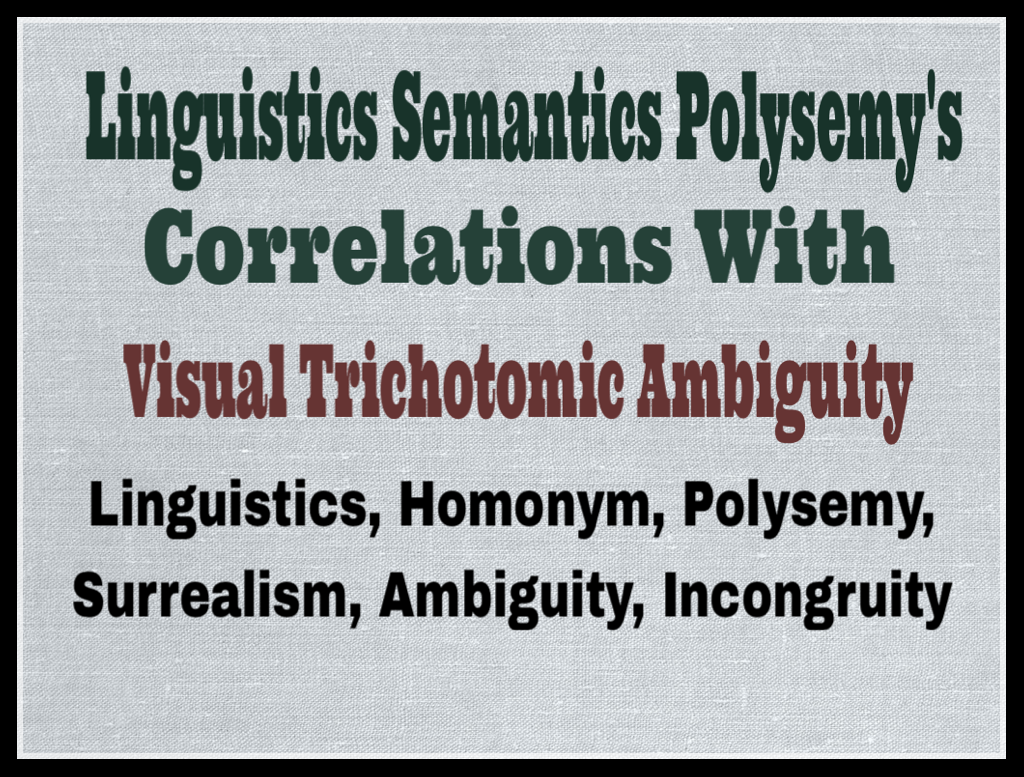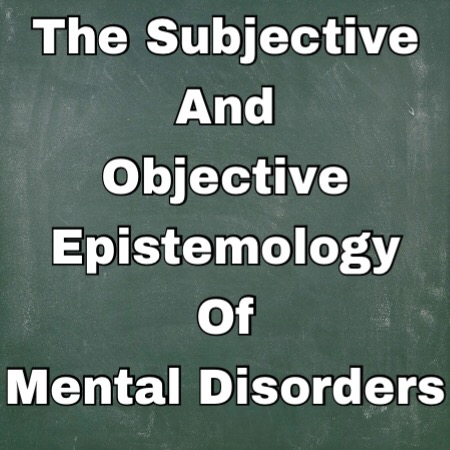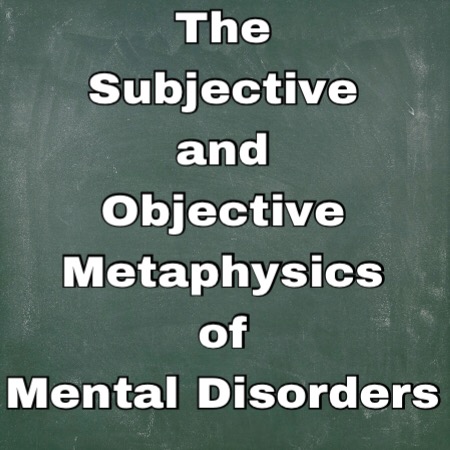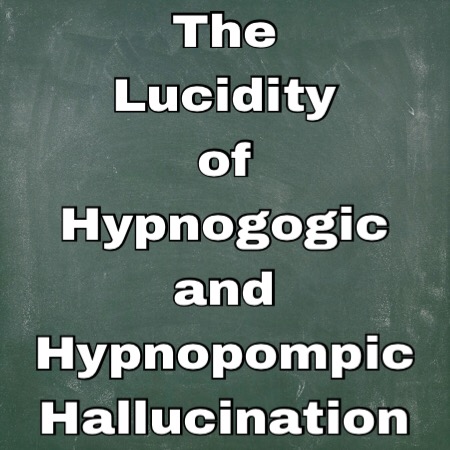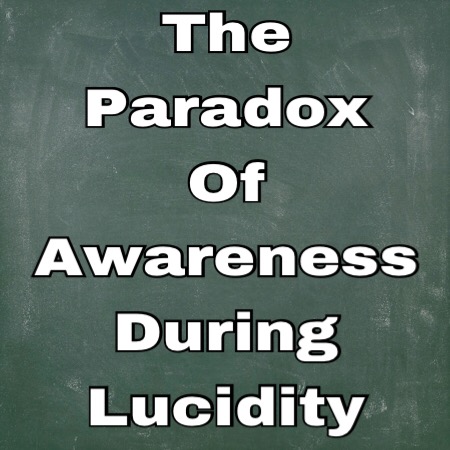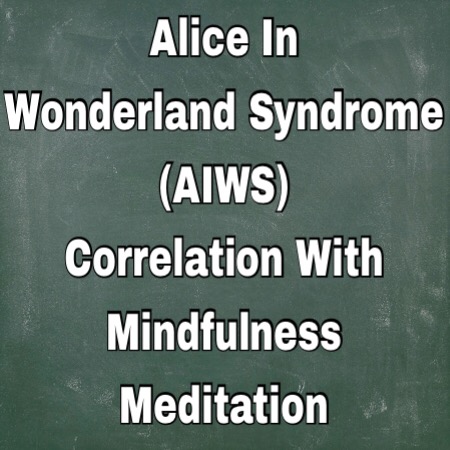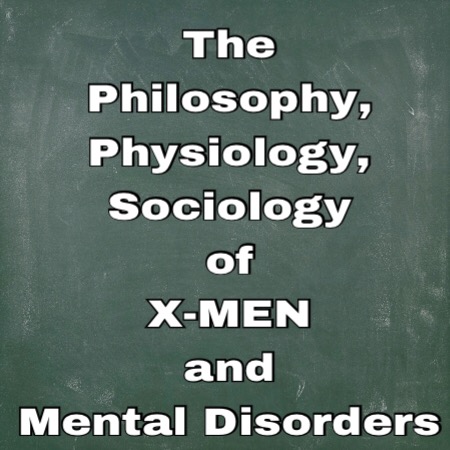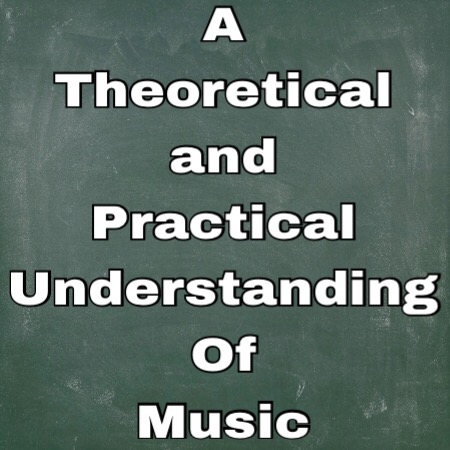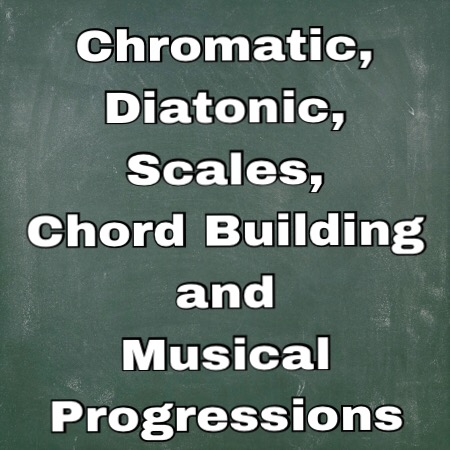3: Polysemy, Capitonym, Monosemy
LINGUISTICS ORGANIC SEARCH ENGINE THEORY
(LOSE-T) PART III
(LOSE-T) PART III
Search Engine Optimization (SEO), (SERP), (NLP), Polysemy, Capitonym, Monosemy

Google’s algorithm cannot differentiate polysemic lexemes, because the triple and quadruple or more interpretations are contingent on syntax to differentiate the noun, verb, adjective, phrasal verb and metaphor. Polysemy’s are augmented homonyms in which the double meanings are extended into more grammatical variances, while maintaining identical spelling and pronunciations. To disambiguate all uncertainties the algorithm must take into account the myriad of semantics and syntactical queries into consideration…
Polysemy are semantically ambiguous words with triple or more coexisting meanings, and disambiguating polysemy based on syntax can implicit the search query because of the same spelling and pronunciations. Their homonymic attributes are differentiated by their inherent syntax, hence their semantic characteristics are induced syntactically. Search querying polysemic words that are free morphemes such as “tie,” “mole,” and “bank,” deflate search results, because noun, verbs and adjectives exist in each lexical constituents, and syntax is required to disambiguate the lexemes variance..
In reference to the polysemy’s in foregone paragraph; the former means “game tie,” “tie your shoelace,” and “a tie,” or a phrasal verb or metaphor, “to tie down.” The word “bank,” is a financial establishment, and “river-bank,” is a piece of land alongside a slope, also a phrasal verb or metaphor, “you can bank on it.” Both “tie” and “bank” are free morpheme inducing homonymic and polysemic meanings; they’re standalone word functions that’s not isolated like bound morphemes. This sort of polysemic ambiguity augments into a myriad of nonliteral figurative and rhetorical usages, especially when used phrasally, idiomatically, metonymically or extended tropes.
Capitonym is a semantic ambiguous device where the meaning and pronunciation is altered when capitalized; here’s a few illustrations where you’ll see the capitalization modifies the noun into a verb or changes the pronunciation and meaning. “March,” as a noun for “month,” and “march,” as the verb in “walk in a Military manner.” “Turkey,” as a noun for “country,” and “turkey,” as a noun for “domesticated bird.” Polish,” as a noun and adjective for “language, inhabitant/Poland,” and “polish,” as a verb for “shiny surface.” Capitonymic lexemes are synonymous to homographs, they’re spelled identical but capitalization modifies the pronunciation into a homographic unit.
Monosemy is unequivocally the absence of semantic ambiguity, a quandary I battle with, since metaphors have imbued every facet of the literal aspect of lexicons. Prime example is the paradox of “bad,” a denotational adjective with contrasting metaphorical connotations, “good;” Google the phrase “badass shoes;” it’s two free morphemes affixed to induce a derivational morphemic modification of “tough,” “intimidating,” or just an “amazing” shoes. Language is continuously evolving and adapting itself as human communication in cultures change and develop with time, and contradictory in meanings such as paradoxes is a result of denotations taking on connotative adaptation.
Polysemantics, Monosemantics and capitonymic terms equivocate meaning in the search query, and often overlap; an example is the relationship between proper noun, common noun and capitonyms, primarily when the capitonyms are ambiguous homonymic nouns such as, “Turkey,” the country becomes “turkey,” the domesticated bird when uncapitalized, constituting the former “Turkey,” as both proper noun and capitonym. However, not all capitonyms are nouns; “Polish,” is an adjective relating to Poland, it’s inhabitant and language, and the lowercase “polish,” is a verb constituting a shiny surface. See Part XIX Search Engine Optimization (SEO), (SERP), (NLP), Proper Nouns, Common Nouns, Symmetrical Characters

INTRODUCTION TO (LOSE-T) THE EVOLUTION OF (LOSE-T) | THE HISTORY OF (LOSE-T) PHENOMENOLOGY (LOSE-T) |

Introduction To (LOSE-T) Search Query Disambiguation (SQD)
(1) (SEO), (SERP), (NLP), Derivational & Inflectional Morphology
(2) (SEO), (SERP), (NLP), Metaphor, Analogy, Metonym
(3) (SEO), (SERP), (NLP), Polysemy, Capitonym, Monosemy
(4) (SEO), (SERP), Homonym, Homophones, Homograph
(5) (SEO), (SERP), Segmental & Suprasegmental Phonology
(6) (SEO), (SERP), Paronym, Hyponym, Meronym, Hypernym
(7) (SEO), (SERP), Onomatopoeia, Denotation and Connotation
(8) (SEO), (SERP), Heteronym, Heterograph, Orthographic Units
(9) (SEO), (SERP), (NLP), Cuneiform, Pictographs, Ideographs
(10) (SEO), (SERP), Logographs, Hieroglyphics, Phonographs
(11) (SEO), (SERP), Abbreviations, Acronyms-Hybrids, Initialisms
(12) (SEO) (SERP) Anthropomorphic, Personification, Typography
(13) (SEO), (SERP) Holonyms, Synonyms, Antonyms, Taxonomy
(14) (SEO), (SERP) Prefix, Suffix, Affix, Infix, Circumfix, Morpheme
(15) (SEO), (LOSE-T) Taxonomic Framework To Encode (NLP)
(16) (SEO), (SERP) Absolute, Comparative, Superlative Adjectives
(17) (SEO), (SERP) Redshift, Doppler, Special & General Relativity
(18) (SEO), Possessive, Demonstrative, Indefinite Adjectives
(19) (SEO), (NLP), Proper Nouns, Common Nouns, Capitonymic
(20) (SEO), (NLP), Modulation, Cadence, Intonation, Inflection
(21) (SEO), (NLP), Terminology, Jargon, Verbosity, Slang/Ebonics
(22) (SEO), (NLP) Phonemes, Graphemes, Morphemes, Digraphs
(23) (SEO), (NLP), Autocomplete, Spelling Correction Predictions
(24) (SEO), (NLP), Algorithmic Paradoxes, Equilibriums, Axioms
(25) (SEO), (NLP), Chromatics, Diatonics, Logarithmics, Octaves
(26) (SEO), (NLP), Anaphora, Cataphora, Antecedent, Postcedent
(27) (SEO), (NLP), Hegelians Dialect; Thesis, Antithesis, Synthesis


(1) Fundamental vs Technical Analysis in The Stock-Market
(2) Predicting The Stock Market Using Dispersed Variables..
(3) (SEO), (SMO), (SERP), And Google Algorithms..
(4) ICANN), (gTLD), Domain Registras & Cyber-Squatting..
(5) Domain Names (gTLD), Effect On (SEO), Stock-Market..
(6) 10-K, 10-Q, Annual Reports And Google Revenue..
(7) (ICANN), (UDRP), Domain Trademark And Cybersquatting..
(8) Economic Correlation/Advertisement, Marketing & Commodity!

(1) Three Dimensional Paradoxes In Spatial Schemata
(2) Vibrating Molecules and Elliptical Bubbles
(3) Musical Octaves and Wave-Particle Duality
(4) Smells Velocity Induces Memory Faculty
(5) The Paradox of Light and Sound Induces Synesthesia
(6) The Trichotomy Between Amplitude, Frequency and Velocity
(7) Black Is An Electromagnetic-Radiation (EM) Paradox
(8) Quantum Field Theory, Nash Equilibrium & Social Science
(9) Quantum Electrodynamics, Intramolecular, Intermolecular
(10) The Fibonacci Sequence & Coriolis Effect; Music & Motion

(1) The Emotional Dichotomy in Humor
(2) Neuro-Behavioral Disorder Adaptation
(3) Why Comedians Don’t Laugh At Open Mics
(4) Economic Psychology and Humor Aberration
(5) The Philosophy And Psychology Behind Fozzie Bear Humor
(6) Women Comics! A Sociobiological and Economical Analysis
(7) The Trichotomy Between Instinct, Intuition and Improvisation
(8) Synasthesia, Psychophysics, Linguistics and Humor!


| Synchronicity, Serendipity, Irony, Coincidences | ||

(1) Ecological Factors and Physiological Attributes
(2) The Psychology of Politics Equatable Rhetorics
(3) Psychophysics, Polyrhythm, Arrangement and Composition
(4) Smells Velocity Induces Memory Faculty
(5) Cognitive Impairment/Weather Conditions/Placebo Effect
(6) The Social Equilibrium of Spirituality vs Superficiality
(7) Quantum Entanglement, Chameleon Effect and Coincidences
(8) Synthesis Deriving From A Medical Antithesis
(9) The Power of Analogy, A Peculiar Mnemonics
(10) A Metaphor In Physics To Induce Organic Sleep
(11) Karma The Spiritual Undertone In Cause and Effect
(12) Distinctions Between Verbal Irony and Verbal Sarcasm
(13) School District Negligence, A Butterfly a Effect Analogy
(14) Dogs Defecating Alignment With The Earths Magnetic Field
(15) Fundamental vs Technical Analysis in The Stock-Market
(16) A Conglomeration of Political Discrepancy
Share your views and opinion, please leave a comment below Written By: Atelston Fitzgerald Holder 1st
SCIENTIST | ACADEMIC WRITER | LECTURER
The Harlem Times Politics | Business | Economics | Entertainment
Ask A Newyorker Science | Economics | Business | Politics
News Blaze World News | Science | Business | Technology
Performance Artist: www.youtube.com/mrpregnant
Musical Composer: www.youtube.com/mrpregnantmusic
Feel free to contact me at: mrpregnant@aol.com
Copyright 2016
Latest posts by Atelston Fitzgerald Holder 1st (see all)
- A SCIENTIFIC ANALYSIS OF THE SACRED-GEOMETRIC NATURE OF SUPERHERO ANATOMY! - September 5, 2023
- A Mirrored Reflection Of The Tainted Human Expression - September 15, 2021
- The God Universe Non-Dualistic Dichotomy - September 12, 2021
- Consultation - April 30, 2019
- The Philosophy Of Obsessive Compulsive Disorder (OCD), Bipolar I Manic, Lysergic Acid, Psilocybin & Sensory Modalities - January 31, 2018










